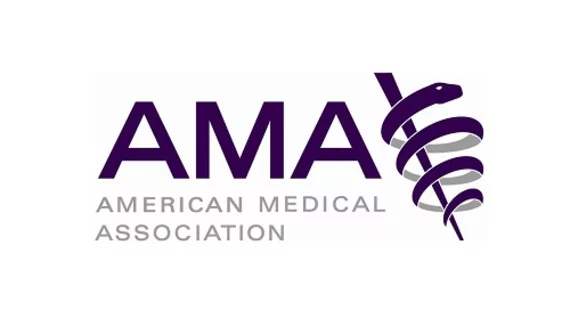Citing competition, rebate concerns, AMA urges block of CVS-Aetna deal
The American Medical Association (AMA) has urged the U.S. Department of Justice to block the planned $69 billion merger between CVS Health and Aetna.
The merger would “substantially lessen competition in many healthcare markets, to the detriment of patients” the AMA, the largest association of U.S. physicians, wrote in a letter to the assistant attorney general and the DOJ Antitrust Division.
The transaction would bring together CVS Health, which operates nearly 10,000 retail locations and a pharmacy benefit manager (PBM) business with 94 million members, and health insurance giant Aetna in a deal increasingly representative of the massive consolidation ongoing across the healthcare space. Cigna is also pursuing the acquisition of PBM Express Scripts for a similar price tag of $67 billion.
While executives of CVS have described the merger as “vertical,” there are many overlaps between the businesses that would create horizontal concerns that would likely enhance market power, according to the AMA. Aetna’s own PBM business constitutes “significant share” of the marketplace that runs afoul of antitrust regulations, the letter stated.
“Unless blocked, this merger would likely injure consumers by raising prices, lowering quality, reducing choice and stifling innovation in five poorly performing markets across the country: Medicare Part D Standalone Prescription Drug Plan, PBM services, health insurance, retail pharmacy and specialty pharmacy,” AMA said.
The association applauded recent statements by a California insurance commissioner also urging the DOJ to sue to block the deal. AMA has worked with the California Medical Association to analyze and conduct hearings about the implications of the merger.
AMA also took aim at the drug rebate program in its letter, stating that “rebates pocketed by PBMs” directly attribute to the increases in drug pricing. Decreased PBM competition could make these rebates, which PBMs negotiate with drug manufacturers, even more opaque.
“PBM customers have scant information about the rebates supposedly negotiated on their behalf because contracts between PBMs and drug manufacturers are claimed as trade secrets,” AMA wrote.
“Without new entry and competition, PBMs can continue to keep secret the size of manufacturer rebates and the percentage of the rebate passed on to health plans and employers.”
HHS Secretary Alex Azar has also suggested a future healthcare system without rebates at all, positing that they incentivize manufacturers to inflate drug prices.
CVS Health CEO Larry Merlo defended the company’s rebate position during a second quarter earnings call with analysts this week, stating that about 98 percent of rebates are returned to commercial clients and members.
“Drug manufacturers want you to believe that increasing drug prices are a result of them having to pay rebates and that PBMs are retaining these rebates,” Merlo told analysts. “And this is simply not true.”
Retained rebates represent $300 million, or 3 percent, of CVS’s annual adjusted earnings per share, Merlo said.

